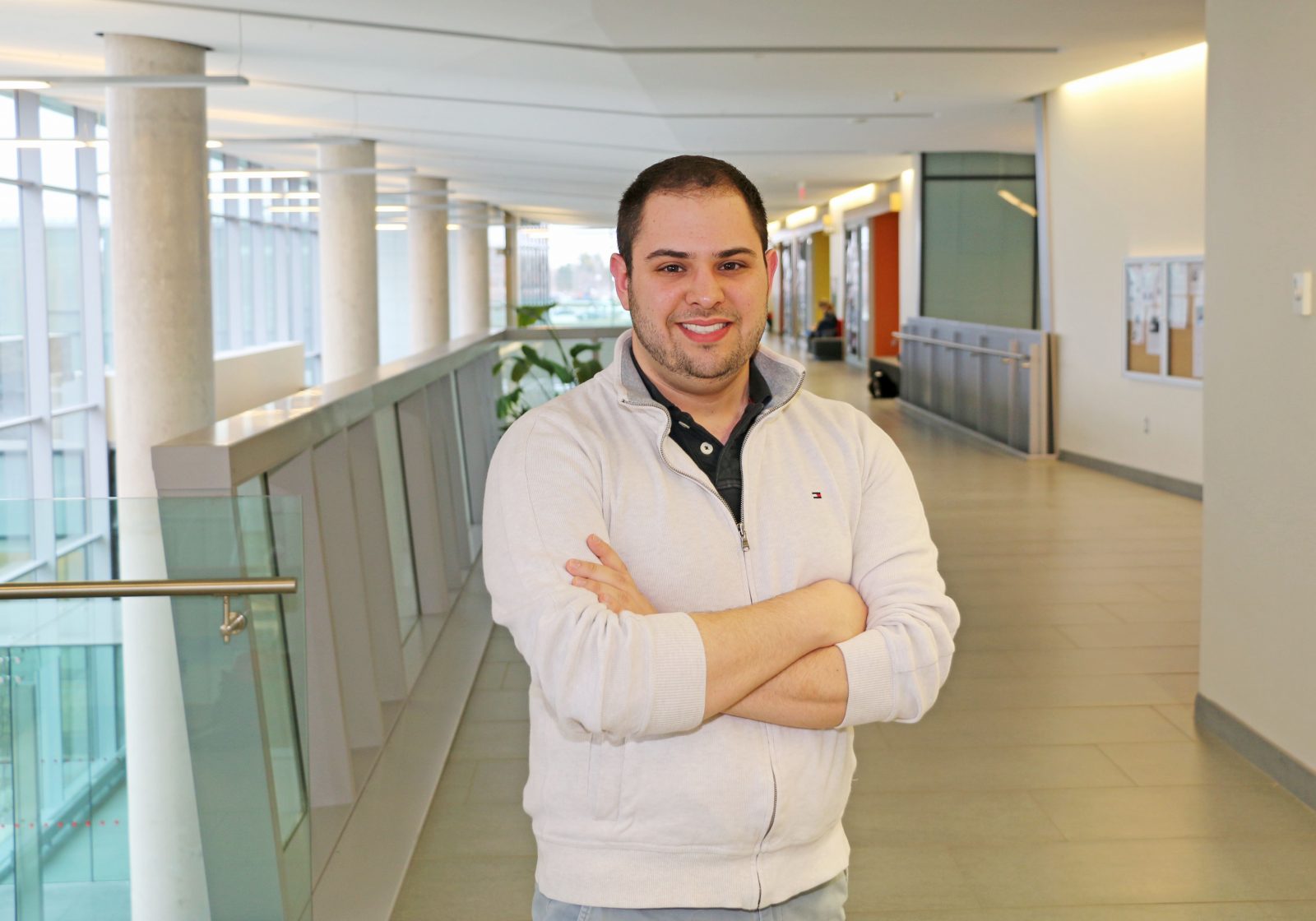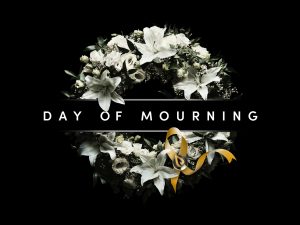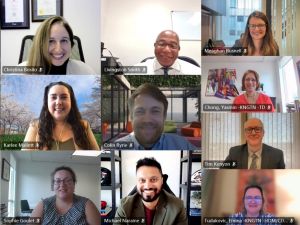Paul Ferrara had never considered disclosing his disability and accommodation needs when applying for a job.
In fact, the 25-year-old Master of Education student remembers a time when he hesitated to even apply for certain jobs because of his disability.
But Ferrara also understood shying away from opportunities was not the way to advance his career.
“You can’t get the jobs you don’t apply for,” he said, thinking back to those initial job-hunting days.
It was at that time that Ferrara turned to Lisa Kuiper, the Employer Development Manager of the University’s Career Education Office, for assistance.
Throughout the last academic year, Career Education has helped more than 6,000 students, including those with disabilities, to find employment opportunities and pursue career goals, while also supporting employers’ hiring needs.
“I wondered if employers would label me, and if that would stop me from getting fair access to the jobs I applied for,” said Ferrara, who prefers not to talk about the specifics of his disability publicly.
“Lisa went through the pros and cons for when and how to disclose your disability and accommodation needs with employers. She encouraged me to self-advocate and relieve any worries that employers might have.”
When students disclose their disability and accommodation needs to employers, it “empowers them to take charge of their accommodations in the workplace,” said Kuiper, who recently spoke as an expert on workplace disclosure and accommodation at the Empower McGill: Tools for Success in Business conference.
She believes that Ferrara is a role model for other students with disabilities.
“Paul is a great example of a student who has utilized Career Education’s resources to help him succeed in his job search,” she said.
Beyond in-person consultation, Kuiper and the Career Education team helped Ferrara — and 34 other students in the past year — to do a Disability Impact on Career/Employment (DICE) assessment, to determine strengths and weaknesses, as well as highlight potential points and accommodations to discuss with employers.
“Tools like the DICE assessment allow Brock students to identify, through a process of reflection and self-discovery, their strengths and abilities, thereby giving them the confidence to be successful in the job search process,” Kuiper said.
The assessment helped Ferrara to gain a “big picture approach” and to be confident when discussing his disability and required accommodation.
He now views his experiences as an advantage that he can offer to potential employers, specifically in his chosen field of education.
“I can understand when a student struggles and when employers have been very accommodating,” he said.
“Career Education has helped me to understand how the process of hiring works, and how to understand my role and how my disability fits within it,” he said.
Similar praise of the resources Brock is providing for students with disabilities came from the Director of University Relations for TD Bank Group, Nancy Moulday. TD employs a number of Brock students and alumni, and Moulday works closely with Career Education on a regular basis.
“Brock’s Career Education Office has done a fantastic job of engaging and educating employers on the nuances of hiring students with disabilities,” she said.
“The coaching and preparation that the University has provided to students with disabilities has prepared them to go through the interview and onboarding process and ensured they are comfortable in disclosing what accommodation they require in order to be at their best.”










